Will AI porn transform adult entertainment – and is that a good thing?
The possibility of 'unprecedented interactivity and realism' must be weighed against legal and ethical concerns
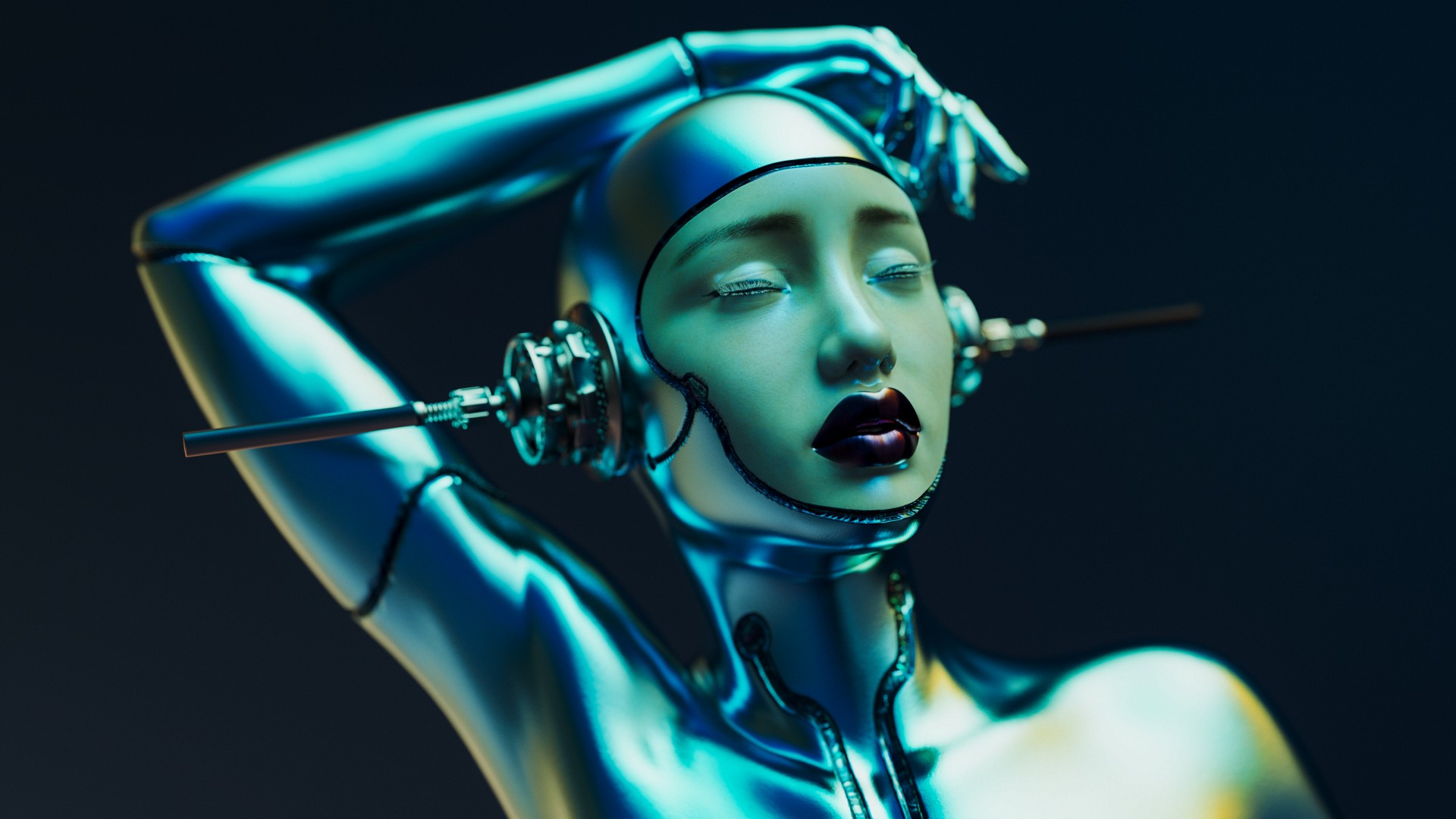
A free daily email with the biggest news stories of the day – and the best features from TheWeek.com
You are now subscribed
Your newsletter sign-up was successful
The advent of AI is bringing about seismic changes in the world of adult entertainment, sparking a host of legal and ethical questions.
Since the advent of the internet in the 1990s, "adult entertainment has been overtaken by two business models", said The Washington Post. First it was Pornhub, a free site supported by ads, then OnlyFans, "a subscription platform where individual actors control their businesses and their fate".
The market is about to change again, with "artificial intelligence models that spin up photorealistic images and videos that put viewers in the director's chair, letting them create whatever porn they like", said the paper.
The Week
Escape your echo chamber. Get the facts behind the news, plus analysis from multiple perspectives.

Sign up for The Week's Free Newsletters
From our morning news briefing to a weekly Good News Newsletter, get the best of The Week delivered directly to your inbox.
From our morning news briefing to a weekly Good News Newsletter, get the best of The Week delivered directly to your inbox.
The pornography industry is "often at the forefront of emerging technologies", said The Guardian. But "this emerging domain, characterized by digital pornstars fabricated by AI to cater to diverse and specific user desires, brings forth a multitude of ethical, social, and psychological implications", Naja Faysal, founder of AI consulting agency Parrots Lab, wrote on Medium.
What did the commentators say?
The risks of AI can seem "overwhelming", said Polly Thompson on Business Insider, and "for every benefit the technology provides, there's an adverse use".
The last few years have seen an explosion in AI romance apps, such as MyPeach.ai or Replika, which uses AI-generated text and imagery to replicate the experience of chatting – and sexting – with someone online.
But with the rise of AI romance comes a "host of questionable use cases", said The Guardian, including "pornographic deepfakes (realistic fake images of real people), AI-generated images and text depicting child sexual abuse, and even harassment by clingy chatbots".
A free daily email with the biggest news stories of the day – and the best features from TheWeek.com
A 2019 study called The State of Deepfakes by Deep Trace found that 96% of deepfake videos were pornographic.
With the advent of widely available and easy-to-use AI models this may have dropped as an overall percentage but the volume has exploded and the problem remains just as acute, the study's co-author Henry Ajder told Thompson.
In 2021, a British teenager killed herself after deepfake pornographic images of her were created and shared by other students from her school via Snapchat. And in January Elon Musk was forced to ban searches for Taylor Swift on X after deepfake porn of her began circulating on the platform, said Business Insider.
"While the content is fake, the humiliation, sense of trauma, and intimidation for victims are very real," said Thompson.
What next?
The future of AI in adult entertainment is poised for "groundbreaking advancements, yet it is fraught with ethical considerations", said Faysal.
The possibility of "increasingly immersive experiences integrating virtual and augmented reality" that offer users "unprecedented interactivity and realism" must be weighed, he said, against concerns around consent, objectification and the portrayal of healthy sexual relationships.
How to prevent abuse might be the "trickiest question", said The Washington Post, for while AI generators have "technological boundaries, they don't have morals".
One "key difference" between AI porn and traditional porn, said The Guardian, is that adult content creators can consent to what they are willing to participate in. "AI isn't conscious, ergo no consent."
This sets up a "dynamic where you're ordering the sex acts that you want, and they're being delivered", Lori Watson, a professor at Washington University, said of AI sexbots. "That's not how ethical sex works."
The difference between how AI porn is generated also raises important questions around compensation for performers whose likenesses are used to create content and the impact on jobs in the wider adult entertainment sector.
Like the debate around how to safeguard against the worse excess of AI across society, discussions around AI-generated porn focus on regulation and finding a technological solution.
While there are no federal laws protecting victims of non-consensual deepfakes in the US, digital watermarks, where content is clearly labelled as AI-generated, have been endorsed by the Biden administration as one answer to the problem. Google, Meta and ChatGPT creator OpenAI are all exploring how this could work. The UK's recent Online Safety Act, meanwhile, made it illegal to distribute deepfake porn but not to create it.
From VHS to DVDs to hosting sites, the porn industry is a "habitual early adopter of new technologies", said the Post. How it adapts to AI matters because it accounts for a substantial chunk of all internet traffic, with major porn sites getting more monthly visitors and page views than Amazon, Netflix, TikTok or Zoom, according to academic analysis published last year in The Journal of Sex Research.
This means AI's role in adult entertainment "isn't just about AI porn", said Faysal. "It's about how we choose to integrate new technologies into our lives, understanding both their possibilities and their challenges."
-
 Political cartoons for February 15
Political cartoons for February 15Cartoons Sunday's political cartoons include political ventriloquism, Europe in the middle, and more
-
 The broken water companies failing England and Wales
The broken water companies failing England and WalesExplainer With rising bills, deteriorating river health and a lack of investment, regulators face an uphill battle to stabilise the industry
-
 A thrilling foodie city in northern Japan
A thrilling foodie city in northern JapanThe Week Recommends The food scene here is ‘unspoilt’ and ‘fun’
-
 Why is the Pentagon taking over the military’s independent newspaper?
Why is the Pentagon taking over the military’s independent newspaper?Today’s Big Question Stars and Stripes is published by the Defense Department but is editorially independent
-
 Grokipedia: Elon Musk’s Wikipedia ‘rip-off’
Grokipedia: Elon Musk’s Wikipedia ‘rip-off’Talking Point AI-powered online encyclopaedia seeks to tell a ‘new version of the truth’
-
 Is the first AI ‘actor’ the beginning of Hollywood’s existential crisis?
Is the first AI ‘actor’ the beginning of Hollywood’s existential crisis?Today's Big Question 'Tilly Norwood' sparks a backlash
-
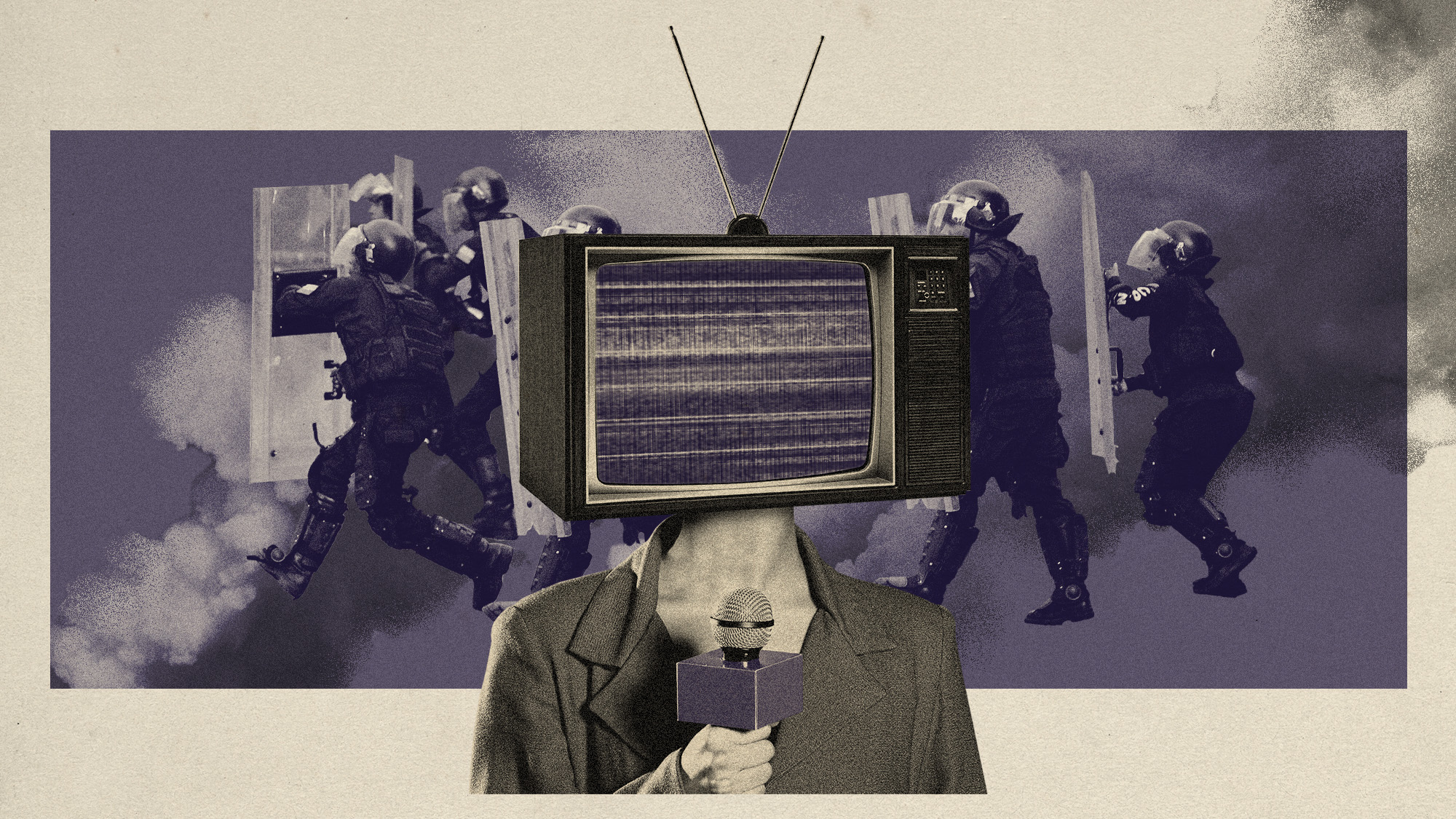 How AI is offering journalists protection from persecution in Venezuela
How AI is offering journalists protection from persecution in VenezuelaUnder the Radar Media organisations launch news show hosted by AI-generated avatars to 'shelter their real-life journalists'
-
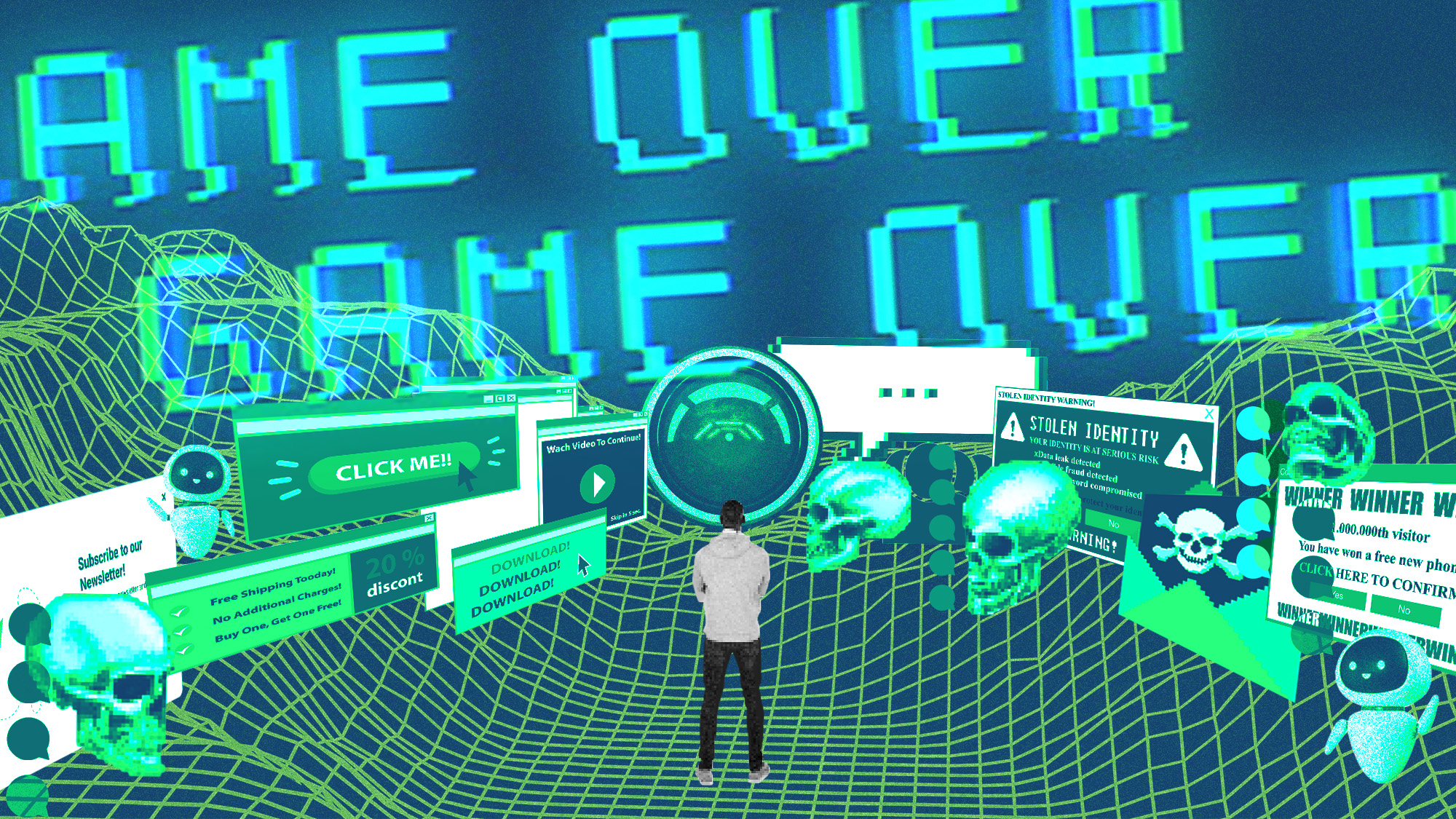 What is the dead internet theory?
What is the dead internet theory?The Explainer Reality has 'begun to mirror' the conspiracy that the vast majority of internet activity is generated by bots
-
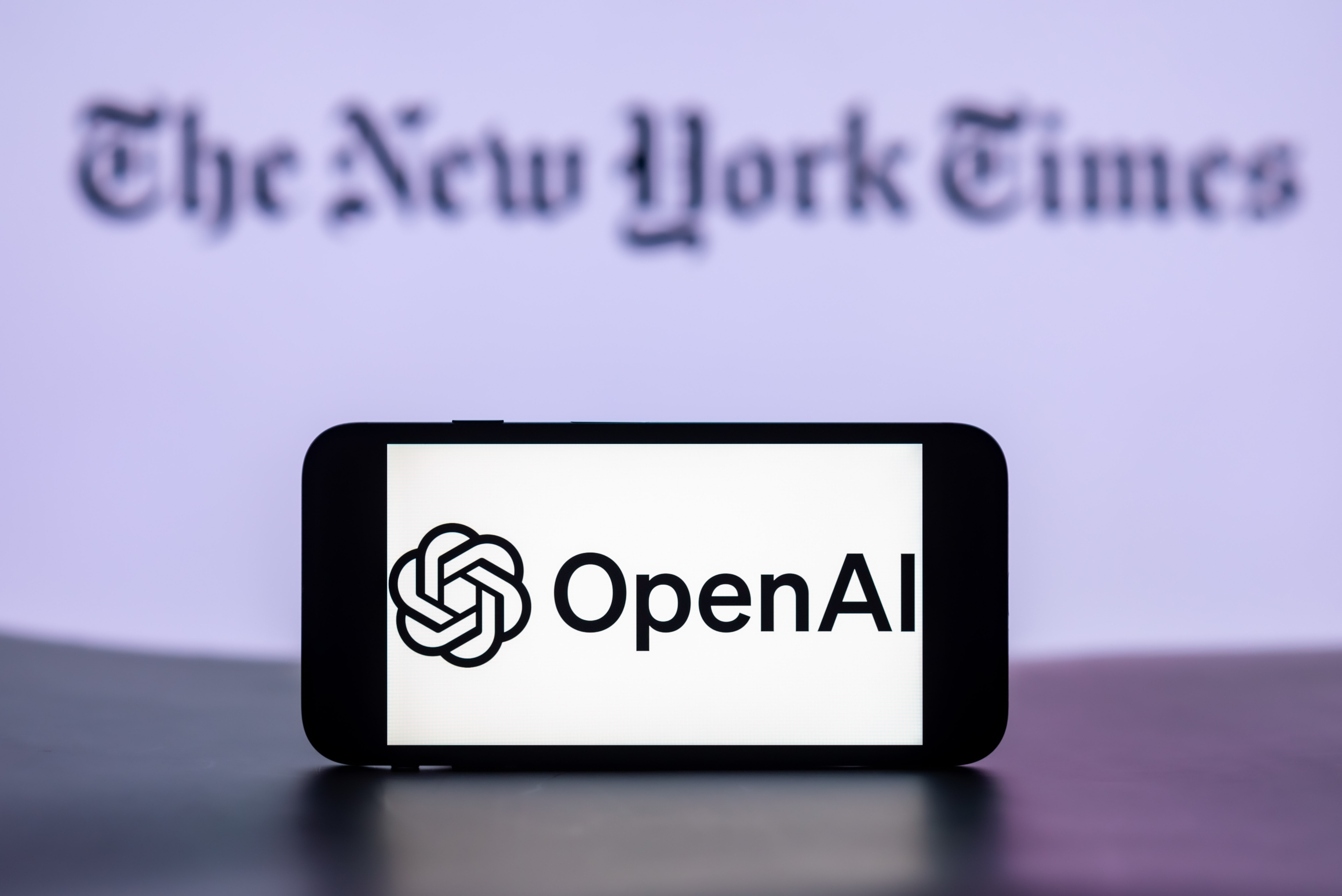 OpenAI, Condé Nast and the future of the media
OpenAI, Condé Nast and the future of the mediaIn the Spotlight Eye-catching deal for use of content to train chatbots, but other publishers are worried they're signing away their souls
-
 How the internet is disappearing before our eyes
How the internet is disappearing before our eyesIn the Spotlight Research shows that an increasing amount of older content is being removed from websites
-
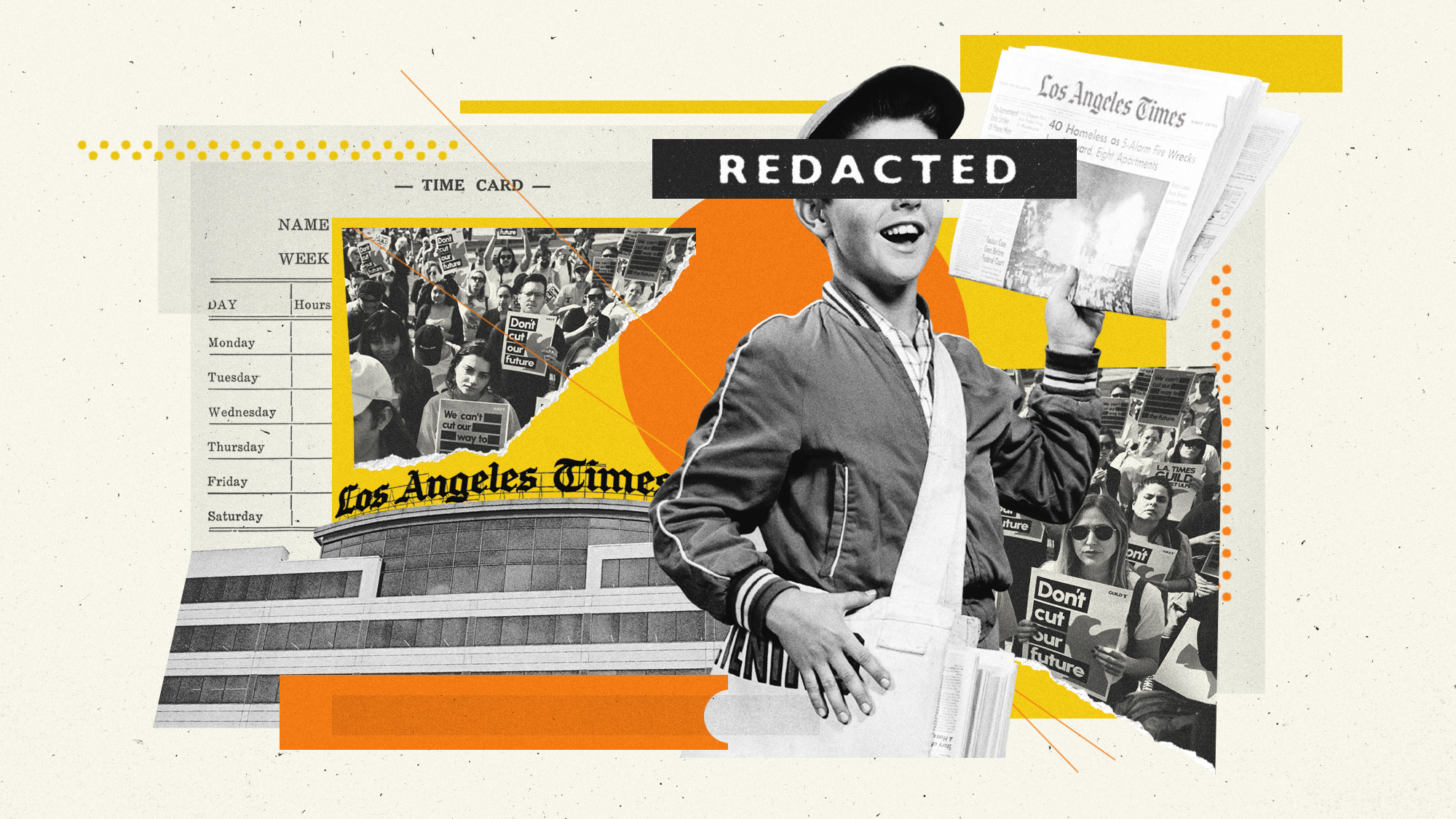 Are the LA Times layoffs indicative of a bigger problem in media?
Are the LA Times layoffs indicative of a bigger problem in media?Today's Big Question The newspaper could be the latest in what will be a continuing trend of culling at media companies